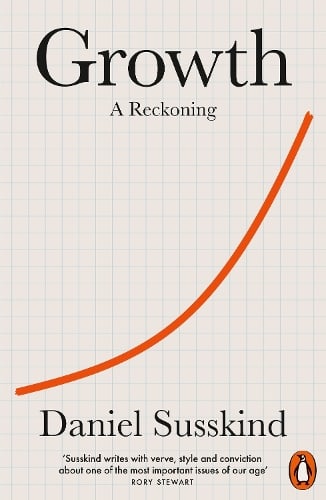Growth: A Reckoning by Daniel Susskind explores the dilemma of economic growth, acknowledging its transformative potential while critiquing its environmental and social costs. The reviewer finds the book insightful but ultimately unsatisfactory, arguing that Susskind fails to distinguish between beneficial and wasteful growth.
Daniel Susskind's Growth: A Reckoning delves into the complex issue of economic growth, highlighting its historical significance and the modern obsession with it. The book presents growth as both treasured and dangerous, capable of driving progress but also environmental destruction and inequality. Susskind endorses the need for more growth, particularly through innovation and technology, but the reviewer finds his arguments flawed, especially his dismissal of degrowth critiques. The reviewer argues that Susskind does not adequately address the different contexts of growth, failing to distinguish between growth that improves lives and growth that exacerbates excess. While the book is engaging, its conclusion is deemed unsatisfactory, as it does not provide a clear path forward. The reviewer suggests that the debate around growth needs to be more nuanced, focusing on what kind of growth is beneficial and for whom.
Quick quotes
Describing it as one of our “most treasured and most dangerous ideas”, economist Daniel Susskind sets out to investigate this dilemma in Growth: A Reckoning.
This is true in theory and I’ve said as much myself, but it’s only true in the abstract.
Instead, we need to learn to deal with the trade-offs, Susskind argues. Degrowth is “folly” and “catastrophe”.
